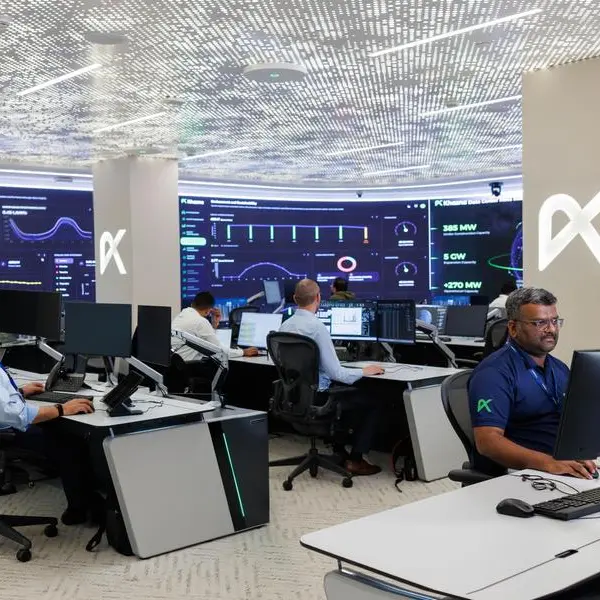PHOTO
The UAE aims to be the data hub for the Middle East by 2031, but the acceleration towards a digital transformation has its challenges.
On a daily basis, the country is forced to deter 50,000 cyber-attacks, ranging from ransomware to cyber terrorism.
“And that number is only rising,” said Dr Mohamed Al Kuwaiti, Head of Cyber Security, Government of the UAE. “This is why we launched the Cyber Pulse initiative as a first line of defence in our fight against such attacks.”
Cyber Pulse is an initiative that was launched by the authorities, which aims to encourage community members in the UAE to play a part in cybersecurity efforts. According to the mission statement, “It seeks to enhance public awareness on suspicious online activities and the necessary steps to be taken from becoming a victim of ePhishing.”
The initiative provides training courses, workshops and lectures about cybersecurity, and information on how community members could protect themselves in the digital world.
The first phase of the initiative targeted women and families. The second phase targeted students.
“Security isn’t the responsibility of one entity; it is the responsibility of everyone today,” said Dr Al Kuwaiti. “Cyber Pulse is the solution, from the perspective of prevention measures.”
Speaking about the daily threats that the country’s digital landscape has to face, Dr Al Kuwaiti continued: “We face more than 50,000 attacks on a daily basis. We respond to them with great protection, zero attack penetration. Our threshold is very high. Yet, everyday attacks increase because we continue to adapt to new technologies.”
Cyber warfare – war on data
According to a 2021 report by cybersecurity company Cybereason, companies in the UAE have paid more than 5.1 million UAE dirhams ($1.4 million) in ransomware to regain access to their systems after cyberattacks in the past two years and 42% of had to close down operations after the ransomware attack.
“Data breaches have cost entities here between 4 to 5 million in recent times,” Dr Al Kuwaiti stated. “We recently had ransomware ask for $2 million and they [the financial institution] did not pay the amount. We usually tell entities not to entertain such attackers.”
Dr Al Kuwaiti cited a recent ransomware attack on a bank in the UAE that was thwarted because of the measures in place, allowing them to return to operations in under three hours.
“The three types of attacks we are usually faced with are cybercrimes, which can be described as hacking, fraud, scams or impersonation,” he continued.
“Cyber terrorism is the second, which attacks infrastructures, while spreading misinformation and disinformation.”
The third, he described, was cyber warfare, which was the war on data.
Yes, even as the UAE ensures the cyber security and safety of its citizens and residents, challenges remain.
“A lack of resources and the lack of awareness in people are the main reasons why attacks happen,” he said. “People are coming to the digital transformation quickly without doing it safely.”
Even as the UAE creates awareness on a grassroots level, the country’s National Cyber Security Strategy has a long-term plan in place to maintain checks and balances.
“We have three pillars that we abide by, the first being governance,” Dr Al Kuwait revealed. “There are policies, procedures and standards that are updated on a quarterly basis keeping in mind that there are so many technologies that are constantly developing and changing.”
The second, according to him, is the human factor. “Humans need to be trained to adapt to new technologies. We teach on a grassroots level targeting student, by working with the Ministry of Education. That’s where it starts,” he added.
According to the cyber security expert, web users should not click on any unknown links sent by text messages or on email, download any apps from unknown sources or publish private contact information on unreliable online platforms.
The third is technology and innovation that the country needs to be abreast with. “It is imperative we follow this to be resilient in five, 10, 20 years to come,” he concluded.
(Reporting by Bindu Rai; editing by Seban Scaria)




















